Internet users leave a data trail of over 2.5 billion gigabytes of data daily, and this tool gives a look at what could be done with this kind of big data.
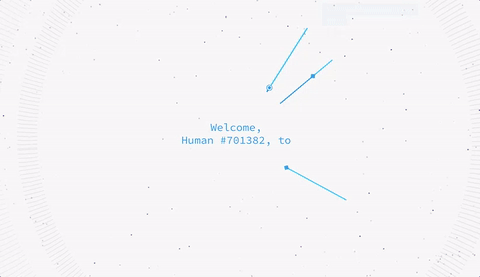

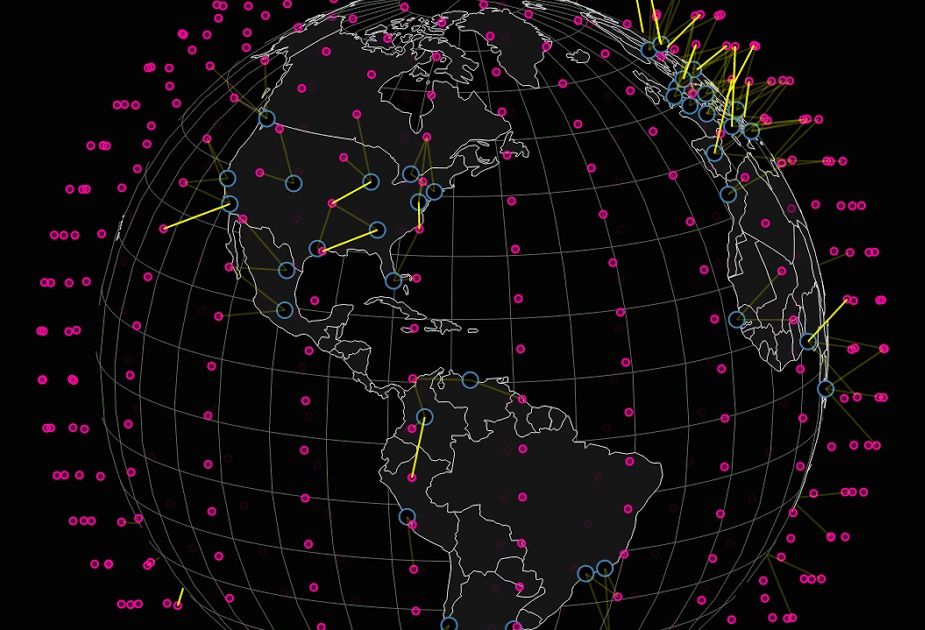
https://youtube.com/watch?v=TK9oS7HS3Ng
Elon Musk’s trust currently owns 54% of the outstanding stock of SpaceX and has voting control of 78% of the outstanding stock of SpaceX.
Google and Fidelity’s investment valued SpaceX at roughly $15 billion. Therefore, Elon’s shares of SpaceX are worth $8.1 billion.

DALLAS — AT&T is experimenting with artificial intelligence (AI) and combining it with software-defined networking (SDN) and network functions virtualization (NFV) to figure out a better way to run its network.
Speaking on a panel at the 5G North America conference, Brian Daly, director of core network and government regulatory for AT&T, said that the company is looking at AI as a way to operate its network more efficiently by using it to make decisions that currently might require human interaction today. “We see AI combined with SDN and NFV as a way to provide us with efficiencies that may not exist today,” Daly said.

TOKYO — Leading information technology companies are rushing to create systems that use artificial intelligence to defend against cyberattacks. The goal is to commercialize AI software to detect even ingeniously designed attacks, identify the perpetrators, and quickly mount a defense.
However, research is also taking place in the U.S. and elsewhere on ways to harness AI for cyberwarfare, and the trend suggests there will come a time when the battles in cyberspace pit AI against AI, leaving humans sidelined.
Fujitsu Laboratories, the R&D unit of Japanese IT giant Fujitsu, has begun to develop an AI system to protect corporate information systems from cyberattack. The system would learn to recognize regular patterns of network activity so deviant behavior stands out. The company aims to have a commercial product ready in two to three years that could uncover and respond to attacks even from hackers who intentionally space out their login attempts so they are difficult to discover.
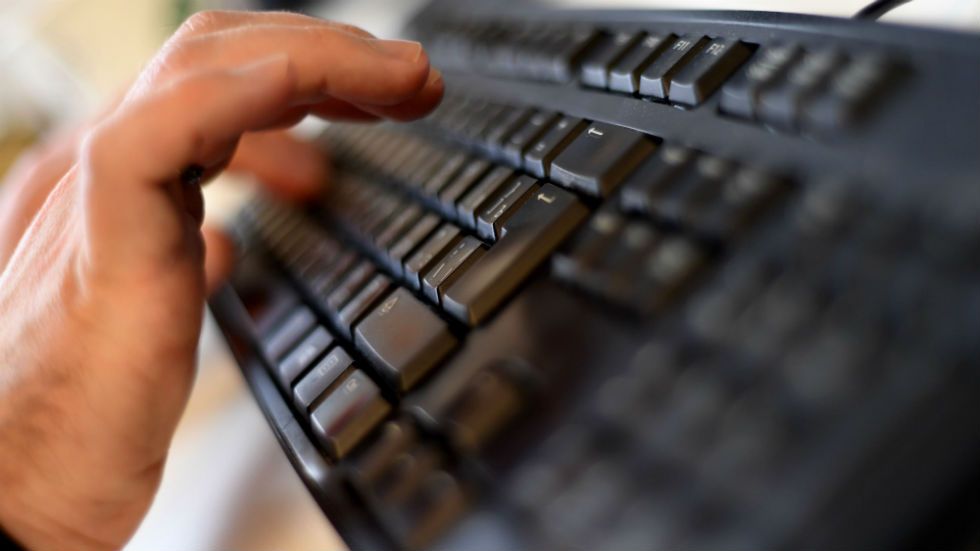

Researchers from Yale University have unveiled CertiKOS, the world’s first operating system that runs on multi-core processors and shields against cyber-attacks. Scientists believe this could lead to a new generation of reliable and secure systems software.
Led by Zhong Shao, professor of computer science at Yale, the researchers developed an operating system that incorporates formal verification to ensure that a program performs precisely as its designers intended — a safeguard that could prevent the hacking of anything from home appliances and Internet of Things (IoT) devices to self-driving cars and digital currency. Their paper on CertiKOS was presented at the 12th USENIX Symposium on Operating Systems Design and Implementation held Nov. 2–4 in Savannah, Ga.
Computer scientists have long believed that computers’ operating systems should have at their core a small, trustworthy kernel that facilitates communication between the systems’ software and hardware. But operating systems are complicated, and all it takes is a single weak link in the code — one that is virtually impossible to detect via traditional testing — to leave a system vulnerable to hackers.
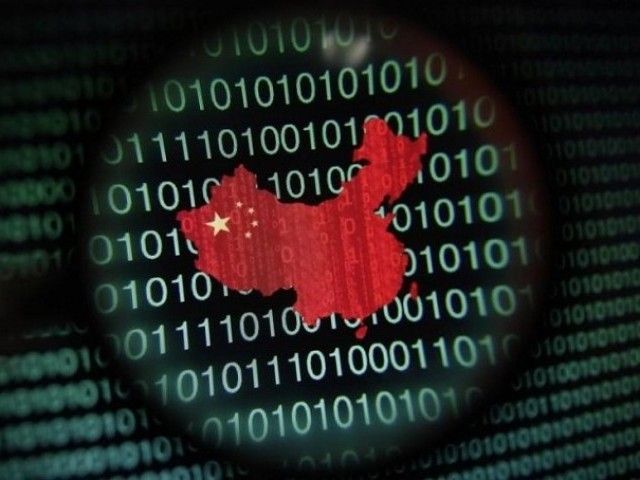
Wonder how Tim Cook, Satya & Bill, and Eric and Sergey will respond.
Overseas critics of the law argue it threatens to shut foreign technology companies out of various sectors. PHOTO: REUTERS
BEIJING: China adopted a controversial cybersecurity law on Monday to counter what Beijing says are growing threats such as hacking and terrorism, although the law has triggered concern from foreign business and rights groups.
The legislation, passed by China’s largely rubber-stamp parliament and set to come into effect in June 2017, is an “objective need” of China as a major internet power, a parliament official said.

Tune in tomorrow (Thursday, Nov 10, 2016) at 4:30PM Eastern. Find out what Edward Snowden has to say on the future of the US. [Source: StartPage via Engadget]
American technology policies could change significantly under Donald Trump, and that includes its stance on privacy. How will the new leader alter government surveillance, for example? Edward Snowden might have an answer. The whistleblower and Dutch search engine StartPage are hosting a live event on November 10th at 4:30PM Eastern to address what happens to privacy in the Trump era, among other questions. Snowden speaking engagements are nothing new, but this is special — he’s more than a little familiar with government spying activities, and this is his first chance to opine on how things might be different under a new administration.
Snowden hasn’t said much of anything about the subject as of this writing. However, Trump doesn’t exactly have a stellar record on internet privacy so far. He has proposed reauthorizing the Patriot Act and the previous, less restrained NSA mass surveillance that took place while the Act was in force. He tends to “err on the side of security” over privacy, even if he’s not especially fond of it. As such, Snowden probably won’t have many kind things to say. He’s in favor of more privacy wherever possible, and that could easily put him at greater odds with the US government than he is now.
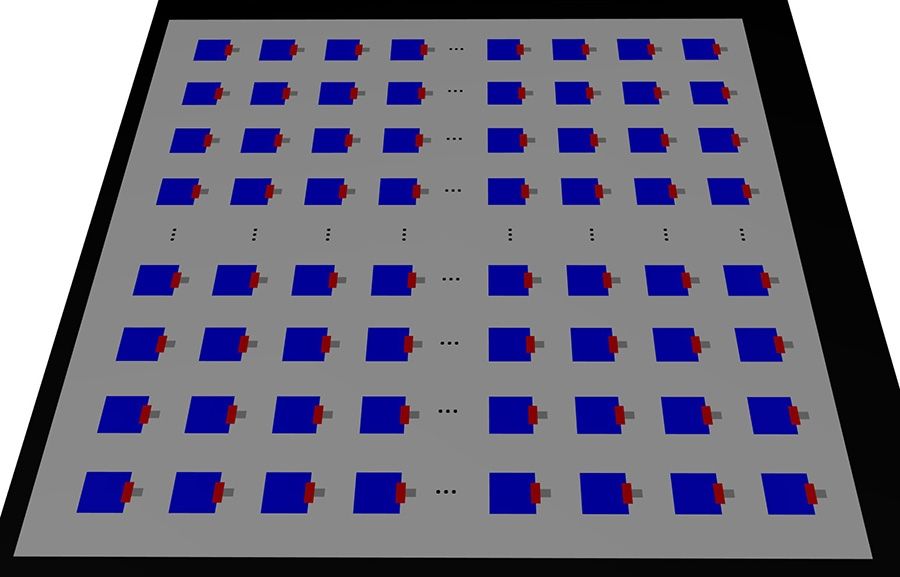
For wireless communication, we’re all stuck on the same traffic-clogged highway—it’s a section of the electromagnetic spectrum known as radio waves.
Advancements have made the highway more efficient, but bandwidth issues persist as wireless devices proliferate and the demand for data grows. The solution may be a nearby, mostly untapped area of the electromagnetic spectrum known as the terahertz band.
“For wireless communication, the terahertz band is like an express lane. But there’s a problem: there are no entrance ramps,” says Josep Jornet, PhD, assistant professor in the Department of Electrical Engineering at the University at Buffalo School of Engineering and Applied Sciences.
